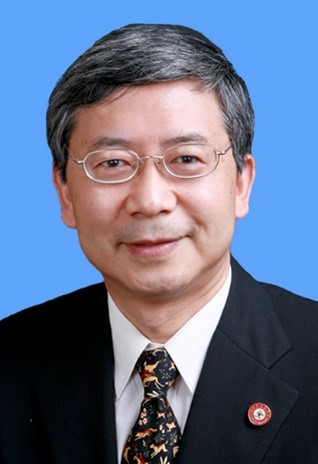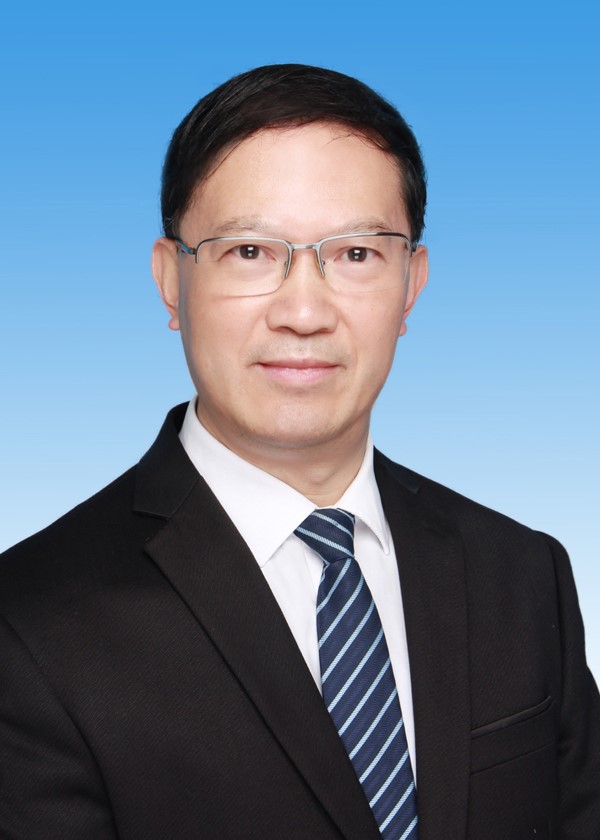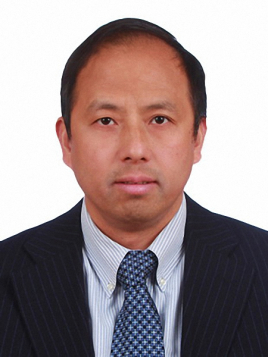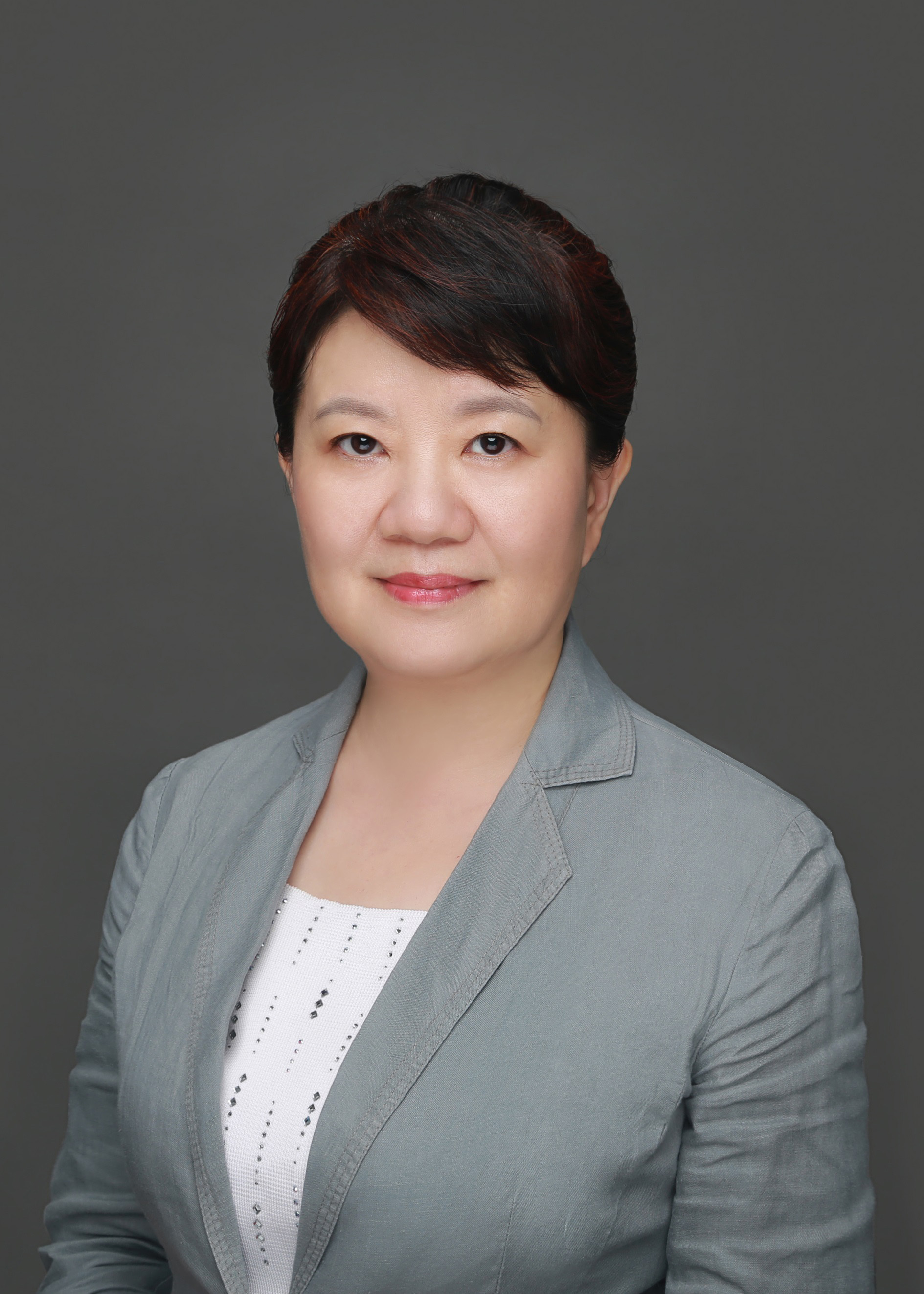

Nanning Zheng
郑南宁,中国工程院院士,教授,西安交通大学

郑南宁,工学博士,西安交通大学人工智能与机器人研究所教授、IEEE Fellow,1999年当选中国工程院院士,中国自动化学会理事长,国际模式识别协会(IAPR)理事会成员,中国人工智能教育联席会理事长。1995年获国家杰出青年基金,其研究团队获国家自然科学基金委员会首批创新研究群体项目资助(2000年)。研究领域有计算机视觉与模式识别、认知计算、人工智能及其先进计算架构等,建立的视觉场景理解的立体对应计算理论与视觉注意力统计学习方法成为该领域代表性工作。兼任国家科技重大专项“核心电子器件、高端通用芯片及基础软件产品”(即“核高基”)咨询专家委员会主任(2011年—),曾任国家高技术研究发展计划(即“863计划”)信息领域首席科学家、国家信息化第一届专家咨询委员会委员、国务院学位委员会委员(1998年—2018年)。
Title
直觉性AI与无人驾驶
Abstract
对当前人工智能而言,解决某些对人类来说属于智力挑战的问题可能是相对简单的,但对看似简单的与真实物理世界交互的能力依然很差(无人驾驶就属于这类问题)。人类使用较少的数据就可以在广泛的问题上表现出智能行为,这种智能行为往往是建立在直觉与常识的基础之上。使机器具有“直觉”推理和常识学习的能力,我们就能实现一类更加健壮的人工智能系统。本报告从当前人工智能技术的局限性出发,讨论如何实现基于想象的预测和一种具有选择性注意机制的认知计算框架,以及如何利用空间对象的语义信息进行情景表征和理解,实现对不确定性、且有约束条件和先验知识的交通场景的直觉推理,进而构建一种具有内部预测学习、认知决策的无人驾驶系统。
~~~~~~~~~~~~~~~~~~~~~~~~~~~~~~~~~~~~~~~~~~~~~~~~~~~~~~~~~~~~~~~~~~~~~~~~~~~~~~~~~~~~~~~~~~~~~~~
Yaonan Wang
王耀南,中国工程院院士,教授,湖南大学

王耀南,湖南大学教授、博士生导师,中国工程院院士,机器人视觉感知与控制技术国家工程实验室主任,兼任中国自动化学会常务理事、中国人工智能学会监事,曾任国家863计划智能机器人领域主题专家、欧盟第五框架国际合作重大项目首席科学家。长期致力于机器人感知与控制技术研究和工程应用。开创机器人自主加工规划与决策技术体系,提出高速高精视觉感知与自适应鲁棒控制等方法,突破多机器人协同制造技术难题,发明机器人灵巧精准作业技术。率先研制出智能制造机器人自动化柔性生产线控制系统等,并成功应用于航空、舰船、汽车、电子、医药等国内外企业和国家重大工程。创建了机器人国家工程实验室。以第一完成人获国家技术发明二等奖1项、国家科技进步二等奖3项、省部级一等奖11项。发表SCI论文160余篇,出版著作8部,获国家发明专利70余项。入选国家“百千万人才工程”、德国洪堡学者、中国自动化学会会士。培养出博士60余名,获得第二届全国创新争先奖状、“全国五一劳动奖章”、“全国先进工作者”等。
Title
智能网联汽车关键技术与发展趋势
Abstract
~~~~~~~~~~~~~~~~~~~~~~~~~~~~~~~~~~~~~~~~~~~~~~~~~~~~~~~~~~~~~~~~~~~~~~~~~~~~~~~~~~~~~~~~~~~~~~~
Huayong Yang
杨华勇,中国工程院院士,教授,浙江大学

杨华勇,流体传动与控制领域专家。现任浙江大学教授、浙江大学机械工程学院院长、流体动力与机电系统国家重点实验室(浙江大学)主任、国家电液控制工程技术中心主任,兼任中国机械工程学会流体传动及控制分会荣誉主任、浙江省知联会副会长、浙江大学知联会会长等社会职务。2013年当选为中国工程院院士。杨华勇院士近30年来一直在教学科研一线,先后主持了国家重点基础研究发展计划(973)、国家高技术研究发展计划(863)、国家自然科学基金、国家科技支撑计划等项目50项。出版专著4部,在国内外重要学术刊物发表杂志论文260余篇,其中SCI收录论文86篇,EI收录论文230篇;获得授权国家发明专利152项。他长期从事电液控制方面的理论研究、基础元件和系统开发、盾构与液压电梯关键技术研发以及工程化等工作,突破了盾构压力稳定性控制、载荷顺应性设计和姿态预测性纠偏基础理论与关键技术,攻克了掘进过程失稳、失效、失准三大国际难题,研发出土压、泥水和复合三大类盾构系列产品,使我国进入盾构技术先进国家行列;攻克液压电梯速度与位置精确控制、势能高效回收关键技术难题,形成国际领先的自主液压电梯核心技术;提出新型平衡阀设计新方法,研制了样机并实现了工程应用。
Title
高端移动装备智能化的一些思考与探索
Abstract
~~~~~~~~~~~~~~~~~~~~~~~~~~~~~~~~~~~~~~~~~~~~~~~~~~~~~~~~~~~~~~~~~~~~~~~~~~~~~~~~~~~~~~~~~~~~~~~
David Cebon
Fellow of Royal Academy of Engineering, Professor of Mechanical Engineering in the University of Cambridge, Director of the Centre for Sustainable Road Freight
David Cebon, 英国皇家工程院院士,剑桥大学

David Cebon, PhD, FREng, FIMechE is Professor of Mechanical Engineering in Cambridge University Engineering Department and Director of the Centre for Sustainable Road Freight. He has authored or co-authored many papers on dynamics, safety, manoeuvrability and fuel consumption of heavy vehicles. He has also published on road and bridge response and damage, and advanced suspension design for heavy vehicles. Prof Cebon has received several awards from the IMechE, including the Edwin Walker Prize for Computing and Data Communications; the Gresham Cooke, the Crompton-Lanchester Medal, the Thomas Hawksley Gold Medal and the Safety Award for Mechanical Engineering. He was also the first non-US recipient of the L. Ray Buckendale Award of the Society of Automotive Engineers for his work on vehicle-road interaction. Prof Cebon is the Research Director of the Cambridge Vehicle Dynamics Consortium, and a past long-term Chairman of the US TRB/LTPP Expert Task Group on Traffic Data.
Title
Heavy Vehicle Technologies for Minimising Carbon Emissions
Abstract
Everything that you have bought in a shop or online has been transported by road at some stage in its life - both as a finished product and at various stages of its creation. Freight transport emits around 2.5 Gt of greenhouse gases (GHGs), which is approximately 7% of the world’s total. In a ‘business as usual’ scenario, the International Transport Forum expects this to increase by a factor of approximately 3, to 8 Gt by 2050. There is an urgent need to reduce the carbon emissions of heavy goods vehicles to zero by 2050. How can this be achieved in the short time available? This presentation will discuss the main technical options for decarbonising heavy goods vehicles and will present a way forward.
~~~~~~~~~~~~~~~~~~~~~~~~~~~~~~~~~~~~~~~~~~~~~~~~~~~~~~~~~~~~~~~~~~~~~~~~~~~~~~~~~~~~~~~~~~~~~~
Pongsathorn Raksincharoensak
Professor, Department of Mechanical Systems Engineering, Faculty of Engineering, Tokyo University of Agriculture and Technology
Pongsathorn Raksincharoensak,教授,东京农工大学

Pongsathorn Raksincharoensak, Department of Mechanical Systems Engineering, Faculty of Engineering, Tokyo University of Agriculture and Technology
April 2011- February 2019 Associate Professor, Tokyo University of Agriculture and Technology
March 2019- Present Professor, Tokyo University of Agriculture and Technology
Research Interests include Vehicle Dynamics and Control; Active Safety : Autonomous Driving and Advanced Driver Assistance Systems; Driver Model; Human-Machine-Interface in control applications.
Title
Risk Predictive Driver Assistance System towards Zero-Traffic Accidents
Abstract
This lecture describes a risk predictive driver assistance system which is designed to prevent potential crashes in early stage while still keeping human drivers in the control loop. The proposed system focuses on two key technologies: Risk-predictive driving characteristics and Haptic shared control interface between the driver and the assistance system. Risk prediction is modeled based on analysis on near-crash incident database of Smart Mobility Research Center of Tokyo University of Agriculture and Technology. Especially, the risk predictive scenario focuses on the occlusion in the road where pedestrians or cyclists might suddenly appear. Experiments using the test vehicle are conducted to verify the effectiveness and investigate the driver acceptance.
~~~~~~~~~~~~~~~~~~~~~~~~~~~~~~~~~~~~~~~~~~~~~~~~~~~~~~~~~~~~~~~~~~~~~~~~~~~~~~~~~~~~~~~~~~~~~~
Hong Chen
Professor, Tongji University
陈虹,教授,同济大学

陈虹,同济大学特聘教授,吉林大学唐敖庆讲座教授,中国自动化学会会士,曾任汽车仿真与控制国家重点实验室主任,曾获国家杰出青年科学基金。浙江大学过程控制专业工学学士和工学硕士学位,德国斯图加特大学工学博士学位。目前承担国家自然科学基金重大项目“极限工况下汽车主动安全协同控制及应用验证”和国家重点研发计划项目“自动驾驶电动汽车测试与评价技术”。现兼任中国自动化学会车辆控制与智能化专业委员会主任委员、过程控制专业委员会常务委员、控制理论专业委员会委员,人工智能学会空天智能系统专业委员会委员,IEEECSS BoG 成员和IFAC TC Automotive Control 委员等。主要研究方向为预测优化控制、非线性控制及其在汽车自动化中的应用。
Title
数智时代的汽车预测控制
Abstract
在数字信息极大丰富、泛在传感实时性越来越强的数智时代,预测控制成为汽车控制系统开发的一项热门技术,本报告讨论预测控制的关键技术和汽车应用例子。首先概述了预测控制的基本原理,指出预测控制处理时变有约束优化问题的性能优势,然后针对预测控制在线计算问题,讲解了几种不同的软硬件加速方案,最后介绍了预测控制在车辆安全、节能、减排等方面的应用案例,实车测试表明预测控制在多传感信息下具有提升车辆性能的强大赋能作用。
